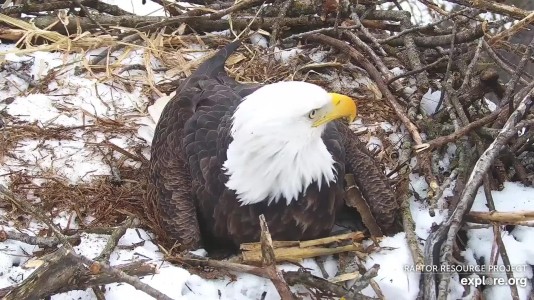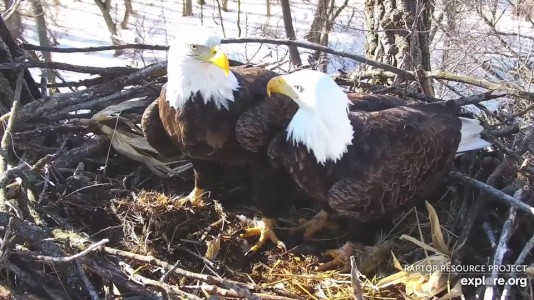Battle Buddy
Since returning from a 12-month tour in Iraq in February 2006, Army Specialist Cameron B. has lived in the Warrior Transition Unit at Fort Carson. He suffers from TBI and PTSD stemming from a series of roadside bombs that erupted next to his vehicle when he was serving in Iraq in 2006. Physical injuries to his back, knees and ankles add to his challenges.
A fourth generation soldier, Cameron refers to Harper as his new “battle buddy.” This time the battle is transitioning into life after the army. “Soldiering is all I’ve ever known,” says Cameron, “I can’t soldier anymore and, like a lot of guys like me, it’s scary leaving the army.” Coming to Freedom Service Dogs helps him in ways he never imagined. He’s learning new things. He’s more comfortable leaving the post. He’s gaining confidence in working with civilians.
Cameron describes his relationship with Harper as a “breakthrough in service dogs” because Harper provides as much emotional support as physical support. His PTSD manifested itself in anger and anxiety, causing Cameron to cut off people and sabotage relationships. “Now that I have Harper in my life, I just look at him and he puts a smile on my face. Knowing all that things he can do for me — his non-judgmental companionship.” In terms of everyday tasks, Harper is trained to help Cameron keep track of necessitates such as his keys, cell phone, and wallet; open doors and refrigerators; and perform “crowd control” to prevent anxiety.
The bond he will develop with his service dog will go beyond tasks. His dog will be trained to help him keep track of everyday things like his keys, cell phone and wallet….things he misplaces frequently. Beyond that, he knows his dog will be his new battle buddy. “In combat, you can’t go anywhere alone. You don’t go anywhere without your battle buddy. In civilian life, I want my service dog to be my battle buddy. I want the dog to go everywhere I go.”


